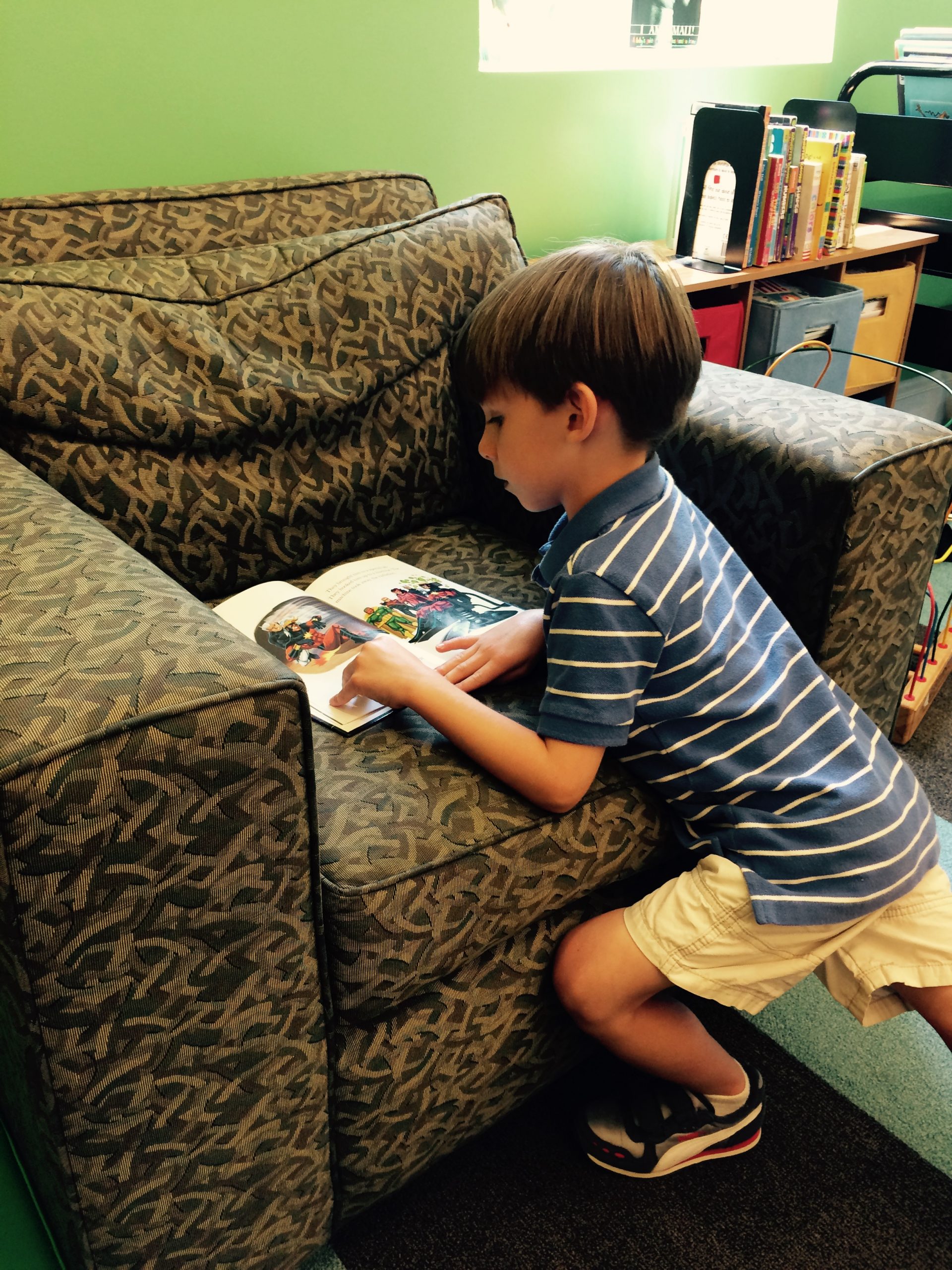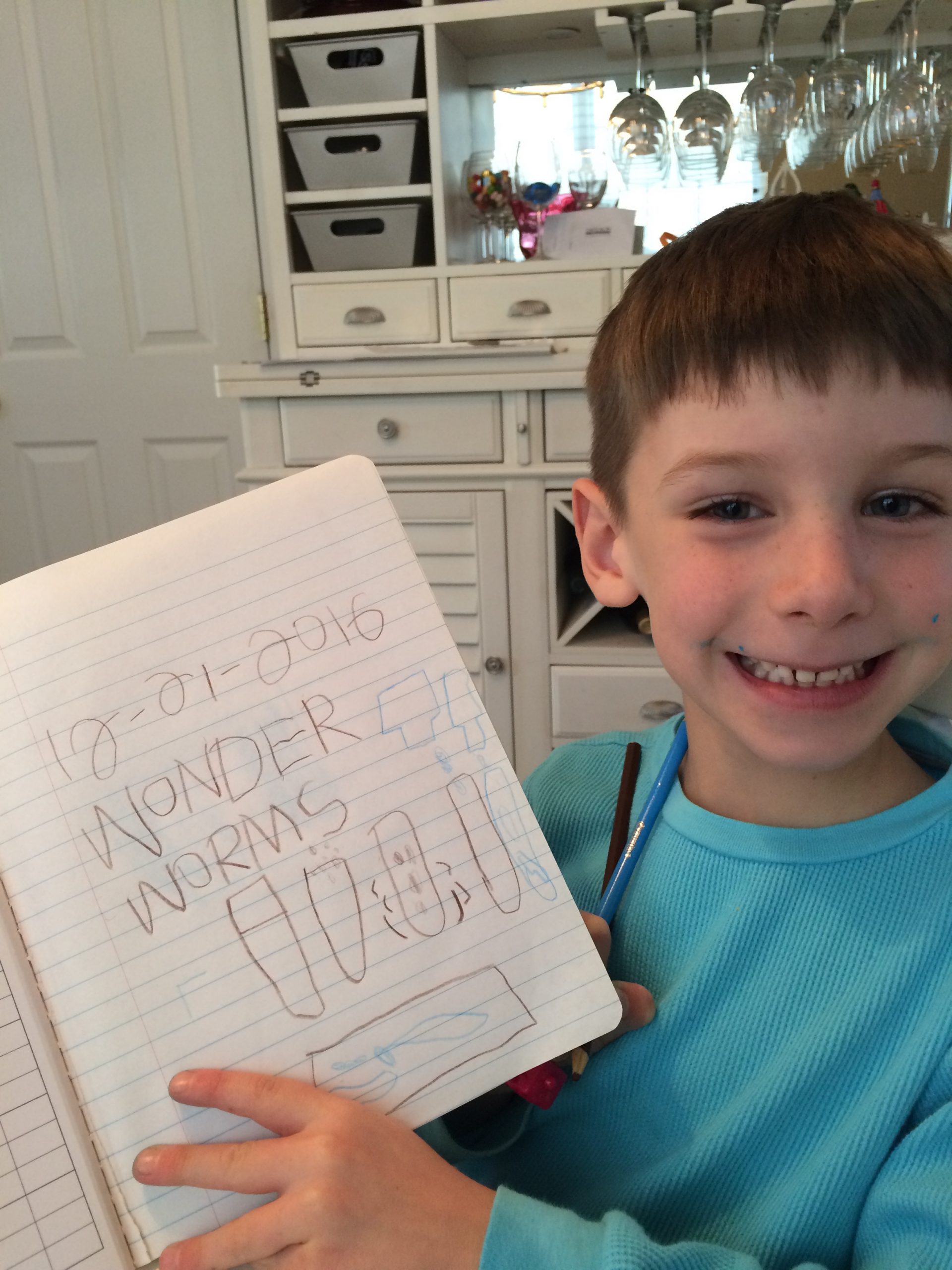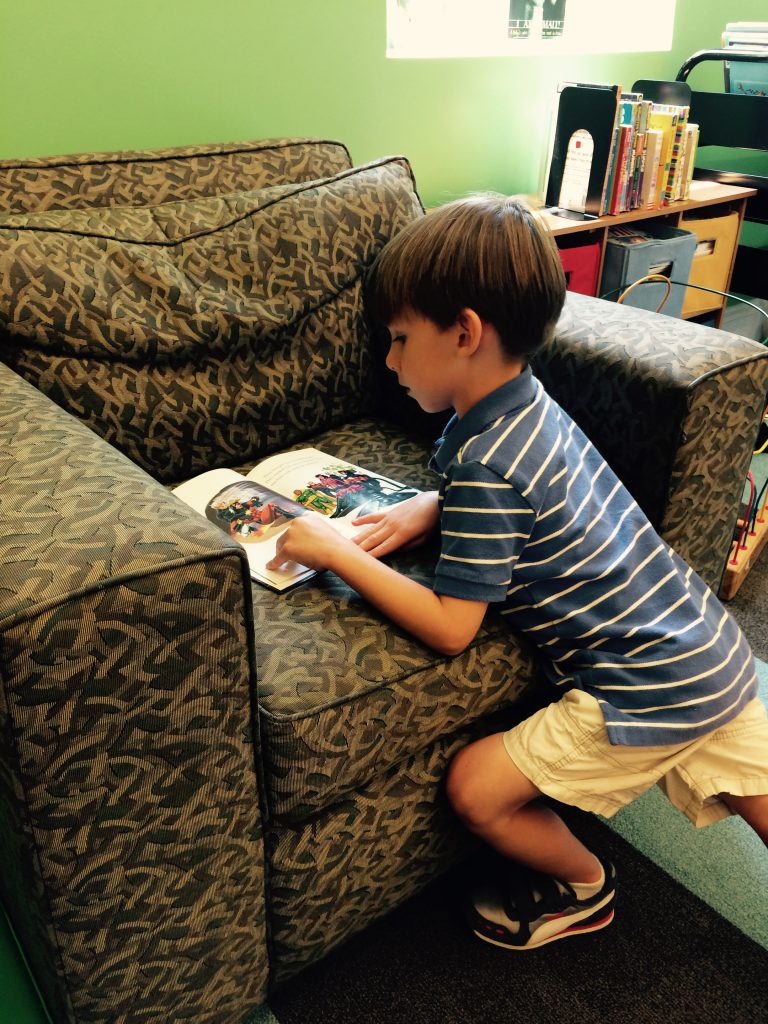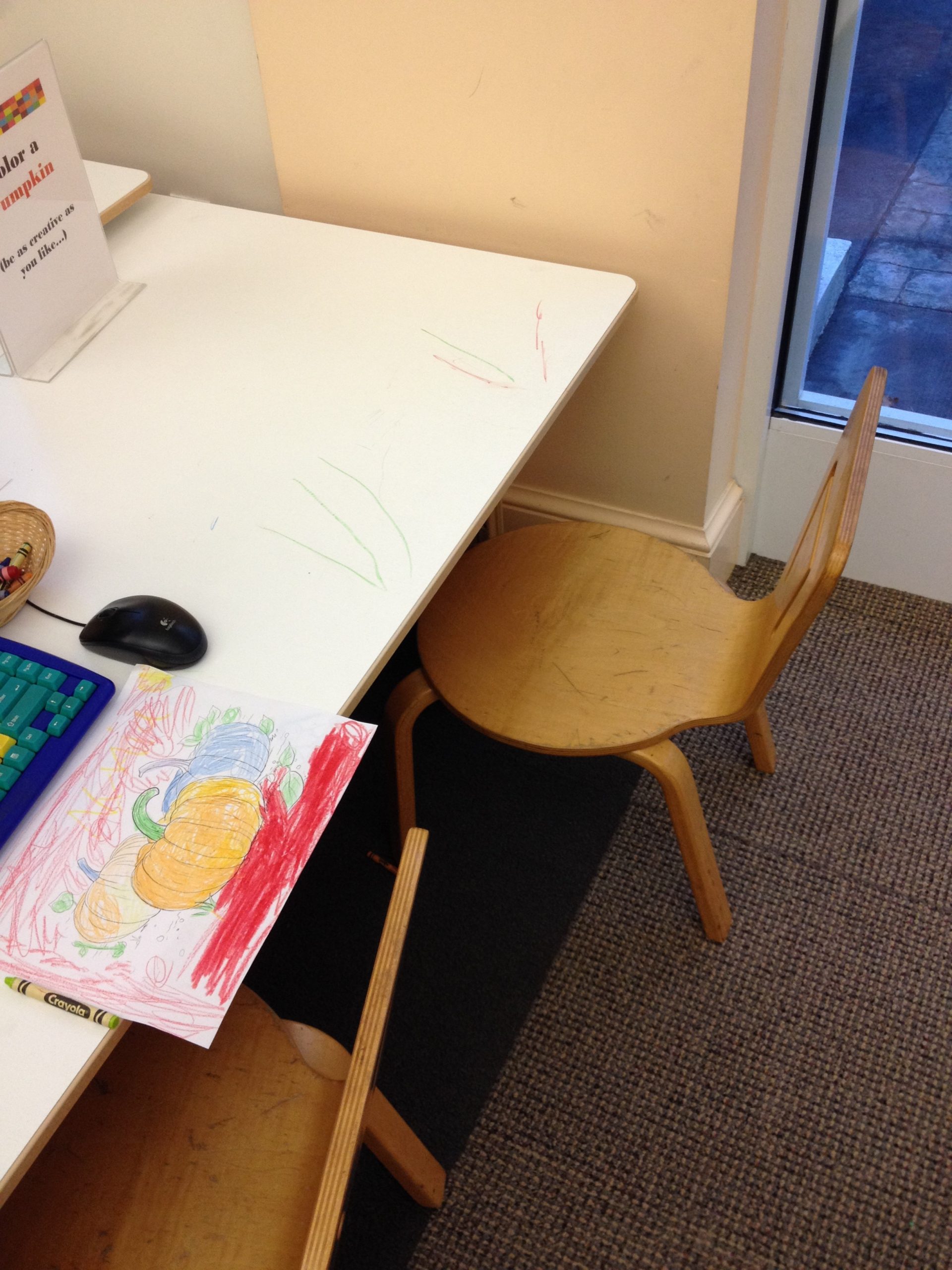Literacy is the first goal of education. Reading affects writing. And, spelling affects both. They are intertwined. Also, as students increase their reading ability, they increase their writing and spelling ability. When students connect sounds to letters they are able to construct words in both reading and writing. Therefore, this process leads to the application of knowledge to better understand the construction of a particular text.

However, with reading, writing and spelling intertwined, process isn’t enough to complete the learning. Hence, teachers and parents must help students develop these essential skills. As guidance is provided, students are able to apply learned knowledge with homework assignments. And, using these strategies to reinforce the development of literacy skill builds the foundation to learning.
Strategies
• Read extensively – Motivate children with books they enjoy.
• Provide genre choices – This is an effective way to demonstrate a relationship between reading and writing to enrich the goal of literacy development.
• Have various leveled books available – Leveled books allow for differentiated instruction. They enable the emergent reader to move forward.
• Guide with phonics and phonemic awareness – These are the bases of reading. Young students learn to read as the understand the connection between sounds and letters.
• Talk about stories – Discussions are the perfect way to demonstrate relationships between academics and life skills. Show the relationship of a story to today’s world.
• Use technology to motivate – Apps for tablets are readily available.
Even with teachers doing all they can to reach the goal of achieving literacy, they depend on parents engaging children in book reading. It is a must that home-school partnerships exist. Therefore, parents must know and follow the method used in school for reading, writing and spelling. By asking teachers to provide strategies to use with homework assignments and reading/writing goals the goals of literacy are increases.




